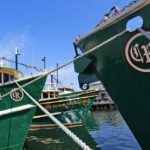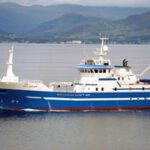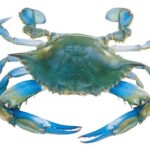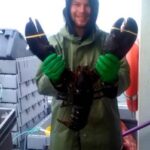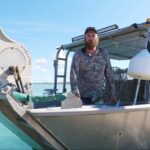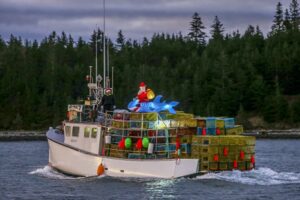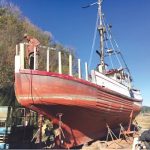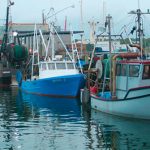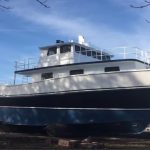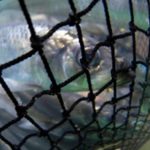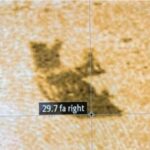Tag Archives: SAVING SEAFOOD ANALYSIS
Analysis: New England Marine Monument Proposals Overlook Existing Protections, Overstep Democratic Management
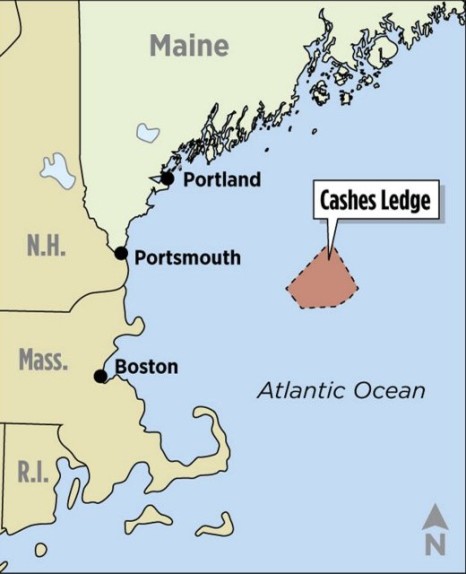 Fishermen, fisheries managers, and environmentalists agree that the Cashes Ledge region of the Gulf of Maine is home to some of the most important marine environments in New England. Since the early 2000s, federal fisheries managers have recognized the value of these areas and have taken proactive steps to protect their unique habitats, preventing commercial fishermen from entering the areas and allowing them to develop mostly undisturbed from human activity. But according to several environmental groups, including the Conservation Law Foundation, Pew Charitable Trusts, the National Geographic Society, and the Natural Resources Defense Council, such long-standing and effective protections are suddenly insufficient. Read the rest here 09:17
Fishermen, fisheries managers, and environmentalists agree that the Cashes Ledge region of the Gulf of Maine is home to some of the most important marine environments in New England. Since the early 2000s, federal fisheries managers have recognized the value of these areas and have taken proactive steps to protect their unique habitats, preventing commercial fishermen from entering the areas and allowing them to develop mostly undisturbed from human activity. But according to several environmental groups, including the Conservation Law Foundation, Pew Charitable Trusts, the National Geographic Society, and the Natural Resources Defense Council, such long-standing and effective protections are suddenly insufficient. Read the rest here 09:17
Saving Seafood Analysis: Sylvia Earle Alliance Misleads Public on Habitat Closed Area Changes
WASHINGTON (Saving Seafood) March 18, 2013 – After nearly 20 years, there is little evidence that the habitat area closures off the New England coast benefit groundfish stocks. In addition, recent seabed mapping suggests that they are not even in locations best suited for habitat protection. Yet, the Sylvia Earle Alliance’s web-story, “New England Fisheries Face Serious Setbacks (2/27),” misleads readers with the argument that the New England Fishery Management Council’s (NEFMC) proposals to change the closures puts New England’s Georges Bank seabed “at risk of serious ecological setback,” when multiple studies prove otherwise. continue
Saving Seafood Analysis – Conservation Law Foundation Misleads Public on Habitat Closed Area Changes
![]() WASHINGTON (Saving Seafood) March 13, 2013 – In the article, “Destructive Trawling and the Myth of ‘Farming the Sea’,” Conservation Law Foundation’s (CLF) Sean Cosgrove argues against the New English Fishery Management Council’s (NEFMC) recent recommendation to open certain areas previously closed to fishing, claiming that trawling, in every instance, is detrimental to ocean habitats. But Mr. Cosgrove cites incomplete and unrelated evidence in order to argue that marine scientists “unanimously” agree with his allegations. In reality, Mr. Cosgrove’s claims are contradicted by numerous peer-revised studies focused specifically on New England’s marine ecosystems. Continued
WASHINGTON (Saving Seafood) March 13, 2013 – In the article, “Destructive Trawling and the Myth of ‘Farming the Sea’,” Conservation Law Foundation’s (CLF) Sean Cosgrove argues against the New English Fishery Management Council’s (NEFMC) recent recommendation to open certain areas previously closed to fishing, claiming that trawling, in every instance, is detrimental to ocean habitats. But Mr. Cosgrove cites incomplete and unrelated evidence in order to argue that marine scientists “unanimously” agree with his allegations. In reality, Mr. Cosgrove’s claims are contradicted by numerous peer-revised studies focused specifically on New England’s marine ecosystems. Continued
SAVING SEAFOOD ANALYSIS: Making Sense of Reference Points, Proxies, and F40%
The scientific basis for the current “reference points” used for New England groundfish management has recently been questioned by respected scientists, industry members, and elected officials. The largest organization representing groundfishermen in New England, and the mayor of the nation’s most profitable seaport, have asked the New England Fishery Management Council to reconsider the calculation and use of the current reference points.
groundfishermen in New England, and the mayor of the nation’s most profitable seaport, have asked the New England Fishery Management Council to reconsider the calculation and use of the current reference points.
Because this issue is highly technical and development of the current reference points are the result of a unique history, Saving Seafood has undertaken this analysis to shed some light on the background behind these requests for reconsideration. Read the analysis

































